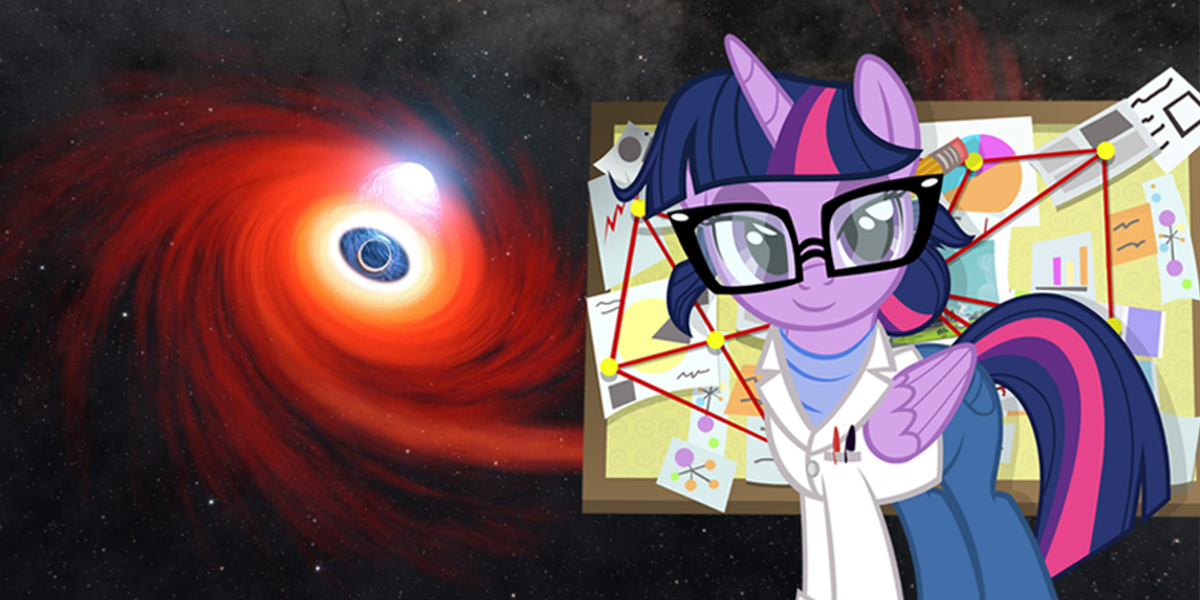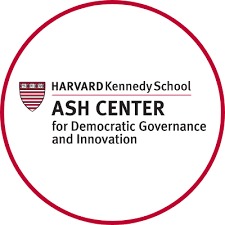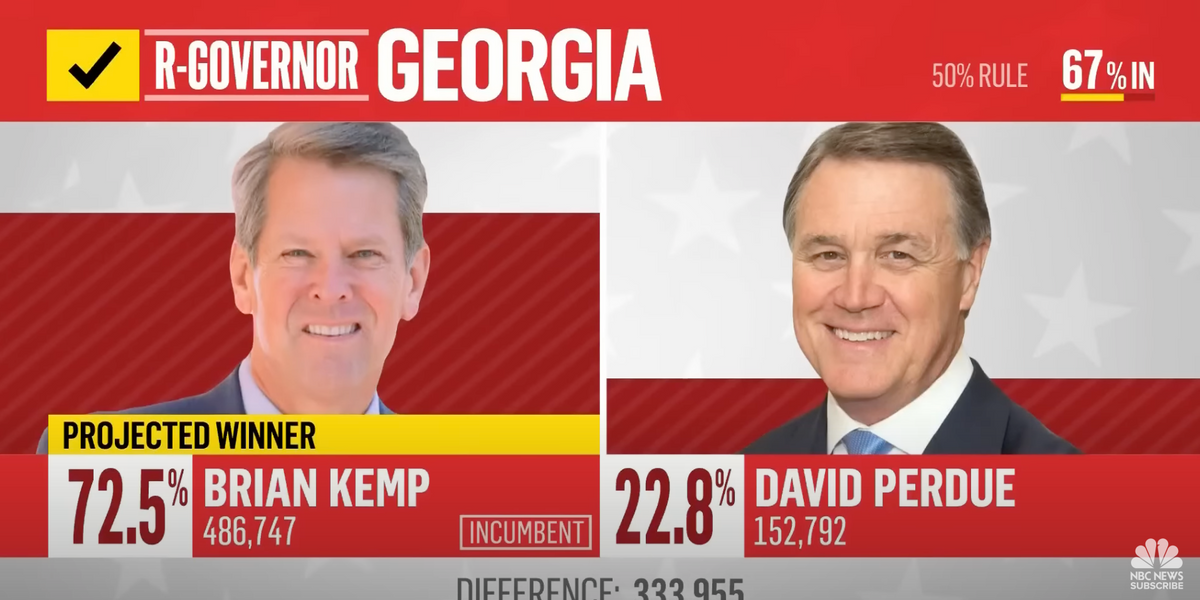A newly elected Republican member of Montana’s state Senate has introduced a bill that would prohibit public schools from teaching scientific theories, because as anyone knows, a theory is just a wild guess at reality that nobody can actually prove is true, like the “Theory of Evolution” or the theory that Joe Biden is an unstoppable affability bot from Mars that can’t stop smiling and saying “folks” until it completes its mission of installing socialism or at least good roads.
Both are equally valid, because theories aren’t facts, according to the bill’s sponsor, state Sen. Daniel Emrich, a good Christian fellow whose Twitter feed includes posts pushing election denial, accusing Hillary Clinton of supporting “exicuting human babies,” and asking what crime babies ever committed to deserve a death sentence. He’s very pro-life, as you can also see in a tweet mocking a teenaged girl’s obituary because she was “fully vaccinated.” The man knows science, clearly. Did we mention Emrich was homeschooled? It seems relevant somehow.
Emrich testified Monday to Montana’s Senate Education and Cultural Resources Committee that he simply wants students to know what a “scientific fact” is, and that, as he understands science, theories are mere speculation. Students, he explained,
must know the difference between scientific fact and scientific theory. Whereas a scientific fact is … observable and repeatable and … if it does not meet this criteria it is a theory and is defined as speculation as for higher education to explore, debate, test and ultimately reach a scientific conclusion — fact or fiction?
That’s actually the introductory text, minus the whereases, of Emrich’s bill, Montana SB 235. It’s remarkably short for a bill that could upend how all science classes in the state get taught — if the bill passes, which seems pretty darn unlikely. The bill explains that “Science instruction may not include subject matter that is not scientific fact.”
To that end, the bill specifies that the state board of public education “may not include in content area standards any standard requiring curriculum or instruction in a scientific topic that is not scientific fact,” and that school superintendents and district school boards must make sure that all instructional materials, including textbooks, “include only scientific facts.” The bill also notes that it would be “strictly enforced and narrowly interpreted,” although it appears not to include any criminal penalties, at least not in its current iteration.
No, we don’t have any idea how you’d actually teach about anything in science without mentioning what a scientific theory is (one definition: “a structured explanation to explain a group of facts or phenomena in the natural world that often incorporates a scientific hypothesis and scientific laws“). And since you could only discuss facts and not the theories that make sense of them, you probably wouldn’t be able even to distinguish between a scientific theory and a hunch or wild speculation. Isolated, nontheoretical facts only, like the observation that COVID-19 is a respiratory disease, but no nonsense about how vaccines work, because nobody knows, except that they don’t work anyway and will kill you like that fully vaccinated girl. That’s what facts are.
For some reason, Monday’s hearing was full of students and teachers who opposed the bill, most likely because they have already been indoctrinated with godless “science” and its made-up theories, and want more of that demon-knowledge. Just look at these clearly theoretical people!
Daniel Farr, who spoke on behalf of the North East Rural Schools Alliance, said that it’s impossible to talk about things like geology and rock formations without talking about the theory of plate tectonics.
Braden Burkholder, a scientist, used the example of erosion, which is a scientific fact and something his young daughter is learning now.
“Here’s the thing — geological theories are key to understanding why erosion happens, when it happens, where it happens and how to mitigate it,” Burkholder said.
Also too, a tip of the rhetorical cap to veteran science teacher Rob Jensen, who won the 2019 Presidential Science and Math Teaching Award, who testified remotely, saying the bill “makes the 1925 Scopes Monkey Trial … look like a period of enlightenment.” And then a standing ovation for his sign-off at the end of the hearing, when he said, “Oh, and a special shoutout to the quantum theory for making this Zoom call possible.”
Several students also testified, like seventh-grader Greysen Jakes, who said the bill would “put students like me at a disadvantage if we were to pursue a career in science because I would not have learned many of the concepts my peers had.”
Even so, few ideas are so terrible that they have no supporters, so precisely one person spoke in favor of the bill, a law professor named Patrick Gould, who works in South Korea. He explained that the only way we can know things is from direct observation or from the Bible, and that advocates of theories like evolution — especially theories that are exactly like evolution — just “make it up, it’s fabricated. That’s fraud from a legal perspective, that’s fraud and we should not be teaching children anywhere fraud,” Gould said.
Oh, he had a LOT to say, especially on the classic creationist “were you there?” canard.
There’s not one person in the room that I’m looking at right now, and there’s not one person I’ve ever seen or known of that was there when any of these events supposedly occurred. […] No one was there with Big Bang, no one was there with creation. No one was there when the first bird flew. No one was there with any of these events.
We could point out that one could say the same of miracles of Christ, but we already know from being on the Internet for five minutes that the answer is “But you atheists won’t allow that to be taught in school either, CHECKMATE, LIBS.” As to whether any historical event can be taught, that’s history, not science, GOTCHA AGAIN.
Also too, Chris Noel from the state Office of Public Instruction said that if the bill were to pass, it would mean “significant” revisions to state science standards, which aren’t currently up for review, and that could incur pretty substantial costs; Noel noted that adopting new standards in any curriculum typically requires multiple years. Emrich said that if it came to that, the bill’s effective date could be revised to align with scheduled standard reviews.
Plus, of course, there’d be the slight cost of trashing every single science textbook in the state and replacing it with textbooks that include only facts without any theoretical frameworks, which as far as we know don’t exist.
But Emrich also disputed a legal note prepared by legislative staff, which said the bill might violate Montana’s constitution by taking powers away from the state board of education. Emrich explained, Nuh-uh:
I think this is a healthy discussion that has a purpose in actually taking and making the scientific community, the educators, evaluate their curriculum and actually making sure it actually meets the scientific standard that was set forth, well, generations before I was on this Earth
We’d point out that the development of scientific theories also predates the freshman state senator from Great Falls by a few centuries, too, but that’s just, like, our opinion, man. The committee took no action on the bill Monday.
[Montana Public Radio / Montana SB 235 / Daily Montanan / The Helenair / Image: Background by NASA/JPL; Science Twilight Sparkle by Friend of Wonkette Pixelkitties]
Yr Wonkette is funded entirely by reader donations! If you can, please give $5 or $10 a month so we can keep you up to date on all the facts — in theory, at least.
























































![Key Metrics for Social Media Marketing [Infographic] Key Metrics for Social Media Marketing [Infographic]](https://www.socialmediatoday.com/imgproxy/nP1lliSbrTbUmhFV6RdAz9qJZFvsstq3IG6orLUMMls/g:ce/rs:fit:770:435/bG9jYWw6Ly8vZGl2ZWltYWdlL3NvY2lhbF9tZWRpYV9yb2lfaW5vZ3JhcGhpYzIucG5n.webp)






















